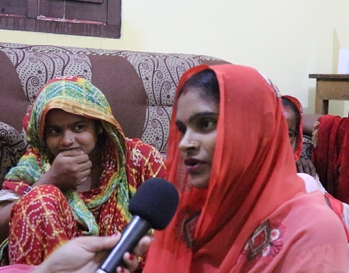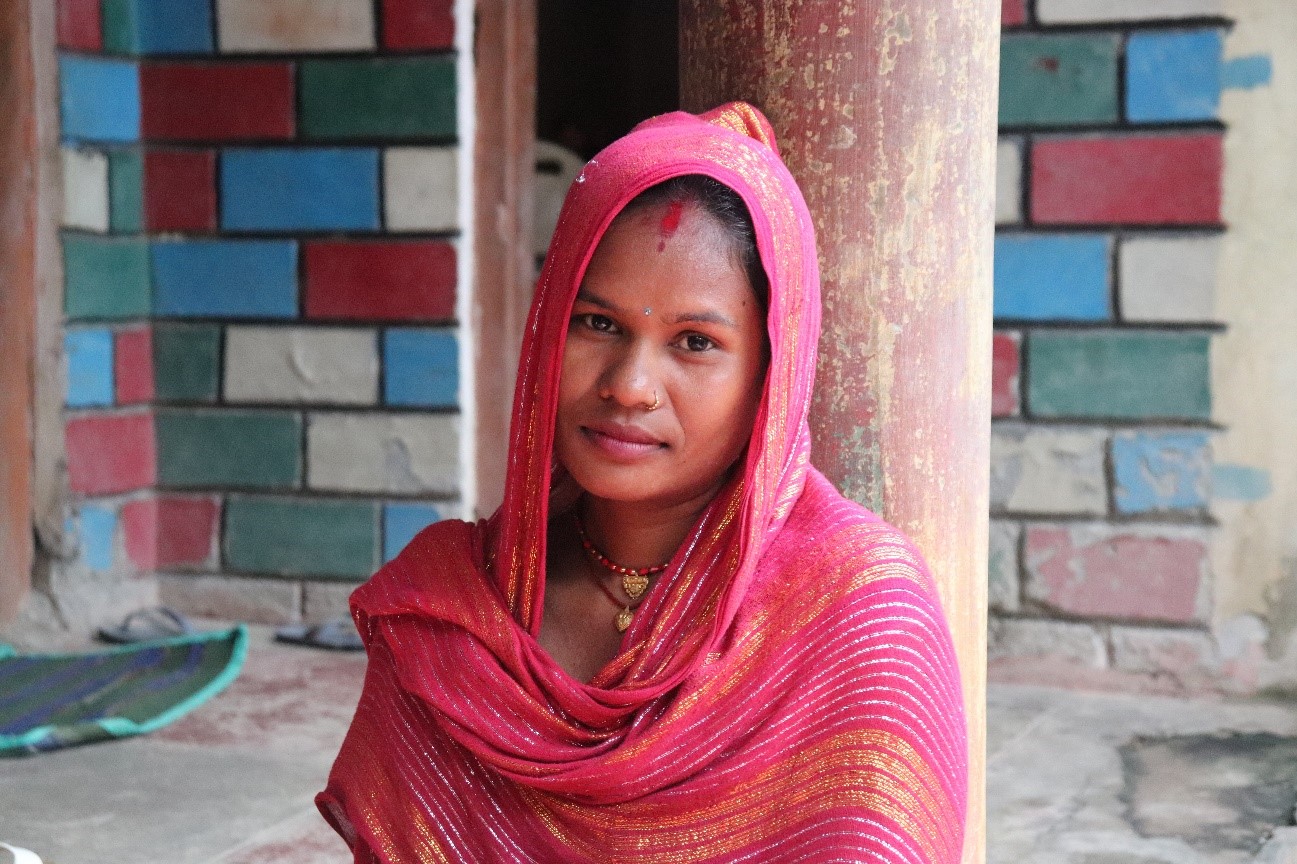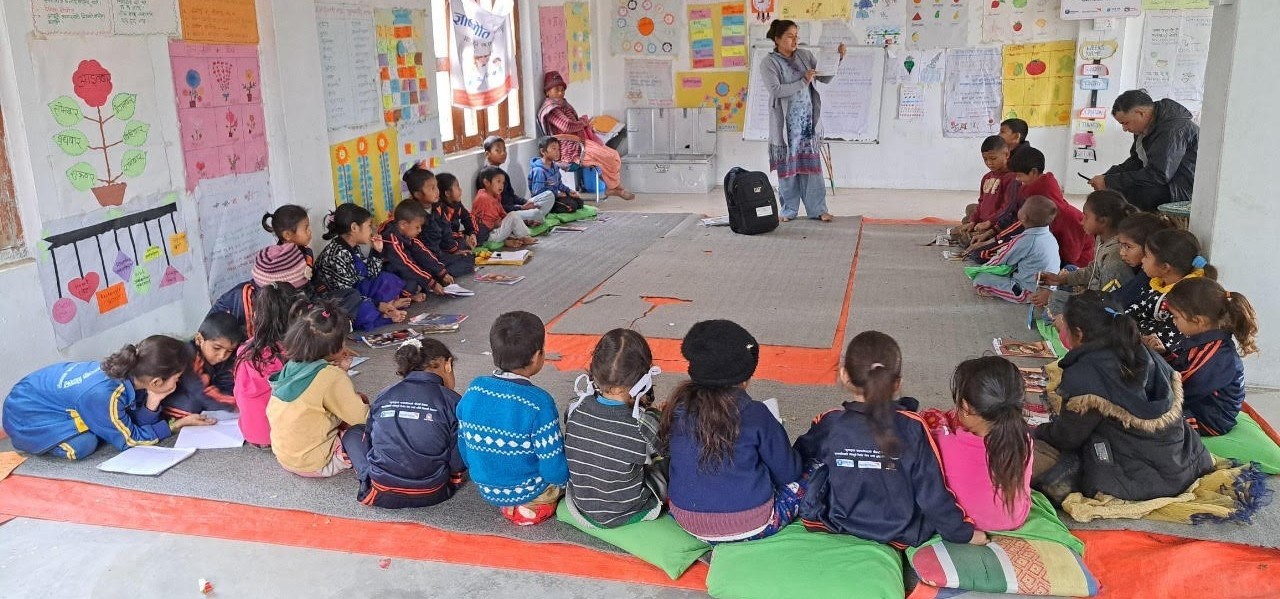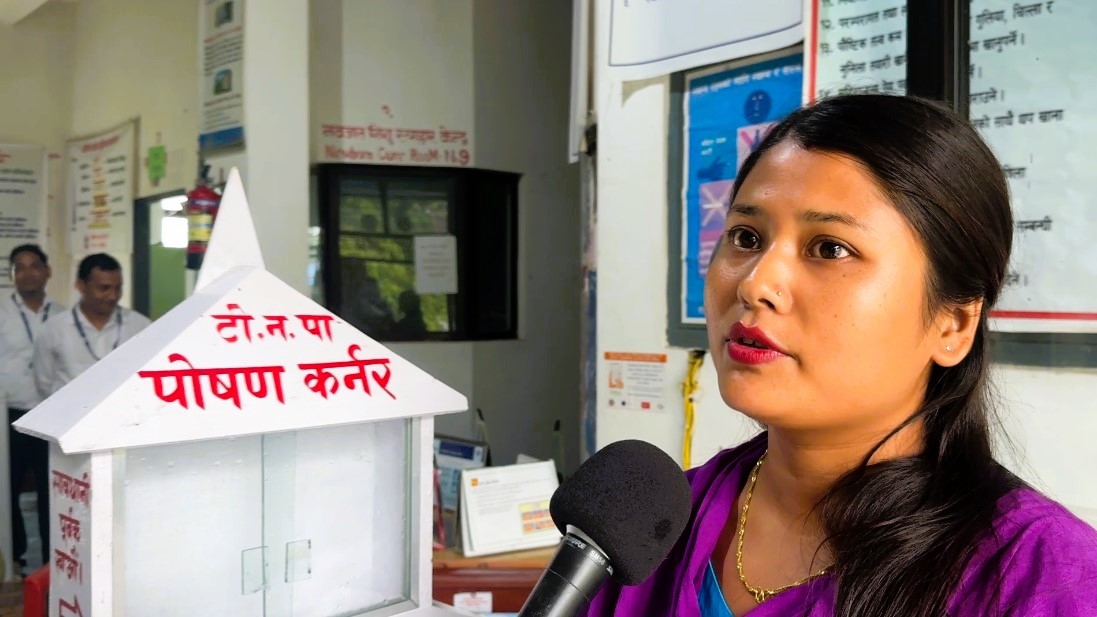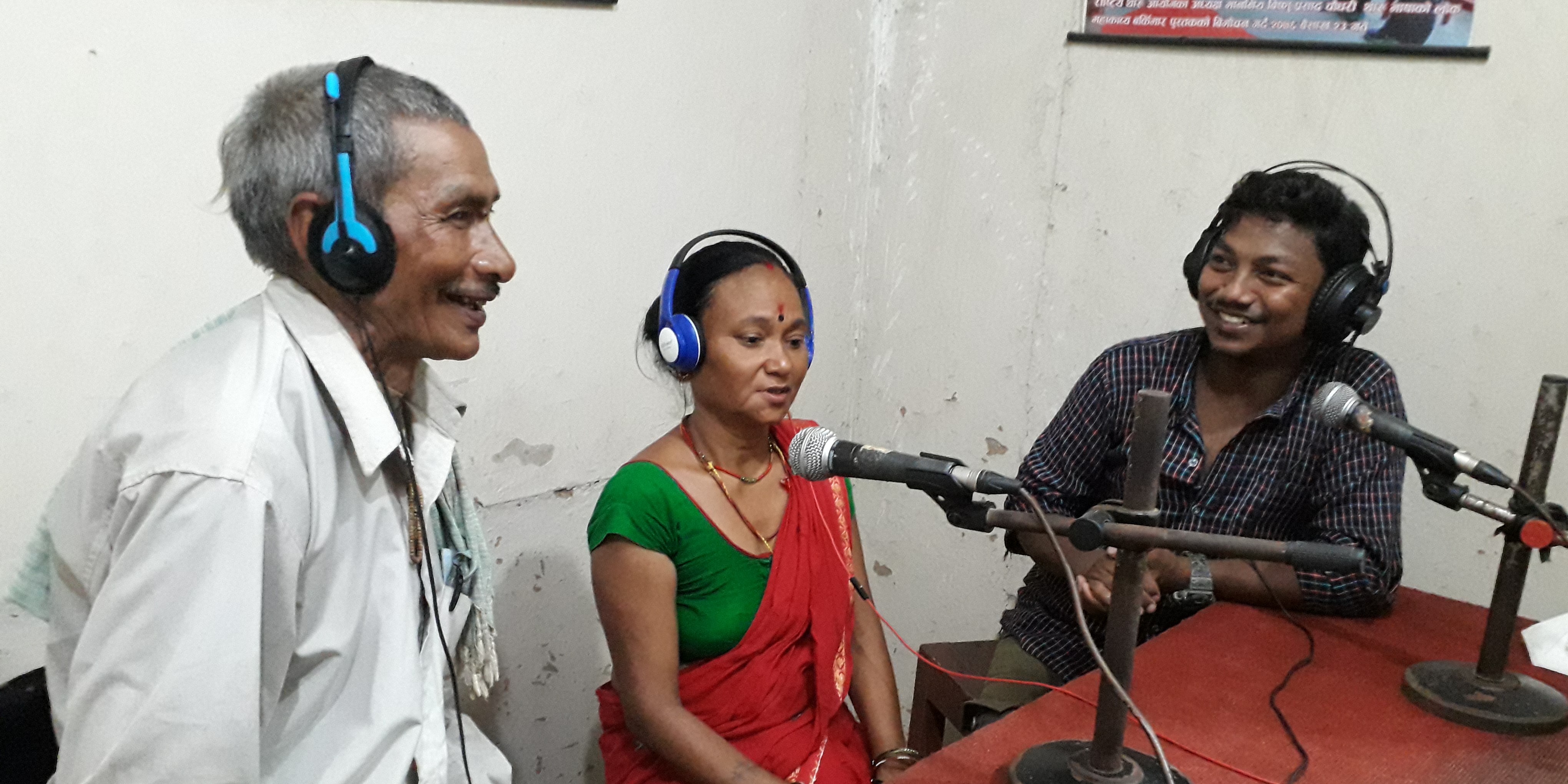Schools introduce nutritious meals and ban junk food following 'Sambad' radio programme
Currently, school staff are checking students' bags at the school gate. If any student brings junk or fast food for snacks, they are required to throw it away in the bin outside the school.

After teachers listened to the 'Sambad' radio programme broadcasted by Radio Ekata on Tuesday morning at 6:30 AM through CIN, discussions took place in schools and the municipality about the topics covered. As a result, Lalbandi Municipality has recently begun providing nutritious food in schools. All schools within the municipality have implemented a ban on junk food and fast food. Students are no longer allowed to bring or consume junk food, and fast-food distribution in schools has been strictly prohibited. Municipal officials have stated that after listening to the programme, they took immediate steps to enforce these measures effectively.
Currently, school staff are checking students' bags at the school gate. If any student brings junk or fast food for snacks, they are required to throw it away in the bin outside the school. After schools began enforcing strict rules, parents have started sending home-cooked meals with their children instead of junk food or fast food. Although it is challenging for parents to replace market-bought items, they are gradually adapting, and children are getting used to eating home-cooked meals. To support children's nutrition and facilitate the local market for milk production, the municipality has coordinated with local dairy operators to supply schools with milk. While the milk is sold to other consumers at NPR 100 per litre, schools can purchase it for NPR 70 per litre, according to the municipality's education department.
The municipality has also implemented the government-issued guidelines on school snacks, strictly enforcing what should be provided to students weekly. Since children are now receiving nutritious and tasty meals in school, they are more eager to attend, even on holidays and Saturdays, said Laxmi Sivakoti, head of the education department at Lalbandi Municipality. This initiative has also led to an increase in student attendance. Providing children with nutritious food at home, similar to what they receive at school, could reduce their illness rates and help prevent malnutrition. Since the snacks they eat can impact their physical and mental development, it is important to ensure they consume healthy meals both at school and at home. As a result of access to various nutritious meals during school hours, student attendance has increased significantly. Retaining students in schools is no longer an issue in the municipality, which has directly contributed to improving their studies.
Dr. Ram Bishwas Rai of Lalbandi Municipal Hospital has emphasised that nutritious food is essential for children's development, and parents should aim to provide home-cooked meals as much as possible. He highlighted that food plays a crucial role in children's development from home to school, and thus requires special attention. Proper nutrition is vital for all age groups, but it is especially important for children. According to Dr. Rai, children's meals should include vegetables, pulses, and grains that are readily available in the home environment. He further suggested that children be given halwa (a traditional sweet dish), porridge, khichadi (a dish of rice and lentils), lentils, and rice. Additionally, water and fruits are equally important, and he recommended that children be served fruits along with their meals.


